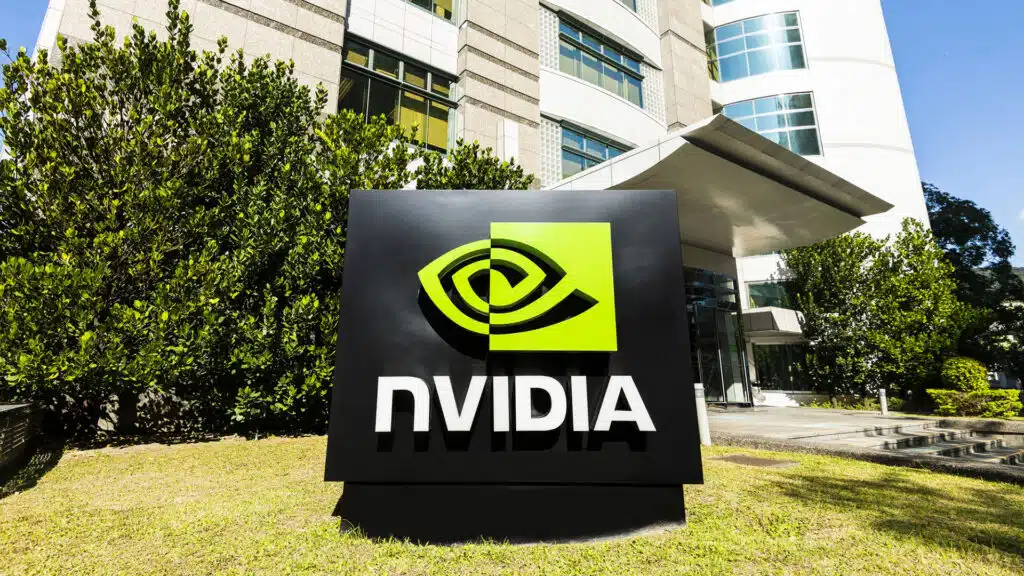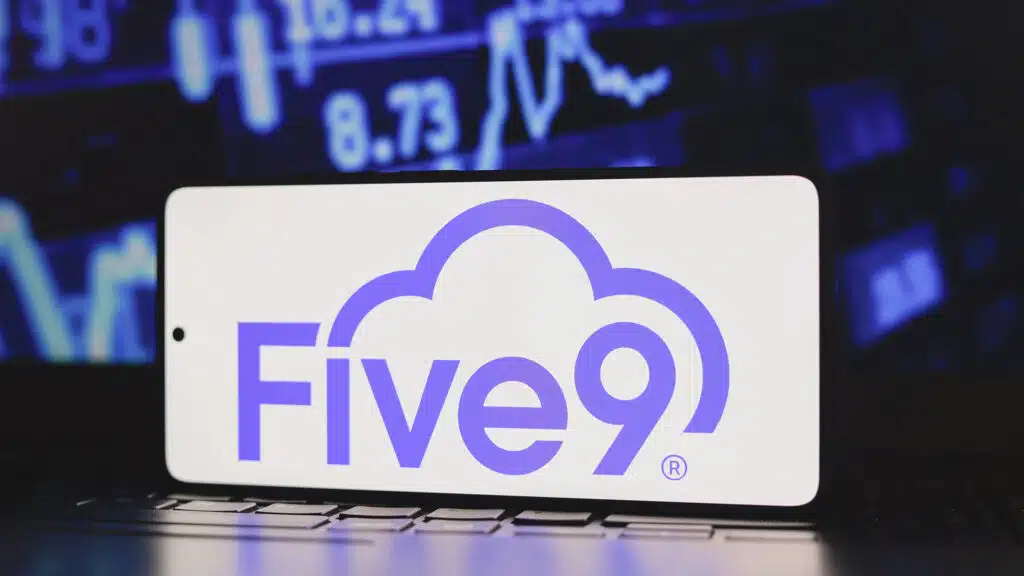The Six Five Team discusses Google to Defend Gen AI Users from Copyright Claims.
If you are interested in watching the full episode you can check it out here.
Disclaimer: The Six Five Webcast is for information and entertainment purposes only. Over the course of this webcast, we may talk about companies that are publicly traded and we may even reference that fact and their equity share price, but please do not take anything that we say as a recommendation about what you should do with your investment dollars. We are not investment advisors and we ask that you do not treat us as such.
Transcript:
Patrick Moorhead: Google apparently is going to defend AI users for copyright claims.
Daniel Newman: Yep. It’s all you, but if you want want me-
Patrick Moorhead: Oh my gosh, you gave that one to me.
Daniel Newman: You want me to do it?
Patrick Moorhead: No, no, no. So, as we’ve seen with Microsoft, and we saw, I think it was really highlighted with IBM, the need to defend or indemnify folks for copyright claims against their large language models is a big deal. Particularly if you look at open AI and even Bard and even AWS Titan embedded models, there is no white paper that says what the sources are. And I think this is less about companies being nefarious, but more about its intellectual property is you don’t really know what’s going in there. So, the one way to just cut through all that is to indemnify and/or defend from copyright claims on that data. So, Google has bellied up to the bar. I haven’t done the deep analysis to compare and contrast each one of the companies, but I think on the last podcast we all agreed that this is just going to be the way things can go.
You want to scare particularly enterprise users and scare them off your products, come and do something different. And I kind of love this new competitiveness. First it was open models versus all closed models and everybody’s like, yeah, we did a combination of the two. And then Microsoft came out first I think for… No, actually right around the same time IBM and Microsoft came out with their, we’re going to help you fight copyright claims, but Google bellies up to the bar and we’re off to the races.
Daniel Newman: Table stakes, sir. This is all table stakes. Every company’s going to do it. Every company has to do it. Companies will try to find some differentiation on their approach of how they do it. For instance, Google is saying that it really is focusing on both sides of the claim, meaning that technology that’s built with Vertex, they will support that as well as things that are created using software such as it’s Duet or an image creator. It will support that. Now, they did put a fairly significant parenthetical around this thing that they will not support people who are intentionally using their platforms to create things that might infringe upon a copyright, Pat.
The responsibility of AI due to the pace of which we are moving has moved from the user to the vendor. The vendors want to roll out at this pace and want to get this scale of AI and users’ hesitation is often around the legitimacy, the accuracy, and of course the license rights and ownership of the content or generated images or whatever it’s performing on on the user’s behalf. Adoption will scale faster. If people believe they’re indemnified, then the business, the use and the spend will grow more quickly. But I don’t see a situation, I do not see a world in which the companies that have substantial AI generative capabilities. So we’ve heard from Microsoft, we’ve heard from IBM, we’ve heard from Adobe, we hear from Google. Now, this will continue not the last, not the last, not the last.
Author Information
Daniel is the CEO of The Futurum Group. Living his life at the intersection of people and technology, Daniel works with the world’s largest technology brands exploring Digital Transformation and how it is influencing the enterprise.
From the leading edge of AI to global technology policy, Daniel makes the connections between business, people and tech that are required for companies to benefit most from their technology investments. Daniel is a top 5 globally ranked industry analyst and his ideas are regularly cited or shared in television appearances by CNBC, Bloomberg, Wall Street Journal and hundreds of other sites around the world.
A 7x Best-Selling Author including his most recent book “Human/Machine.” Daniel is also a Forbes and MarketWatch (Dow Jones) contributor.
An MBA and Former Graduate Adjunct Faculty, Daniel is an Austin Texas transplant after 40 years in Chicago. His speaking takes him around the world each year as he shares his vision of the role technology will play in our future.







